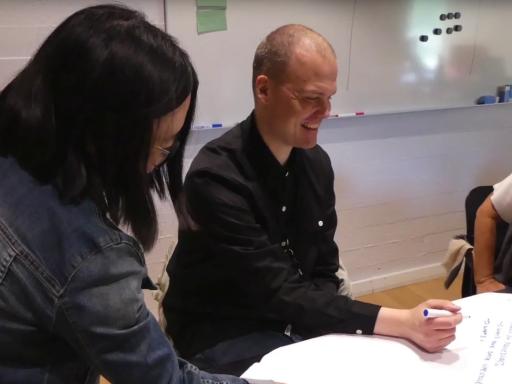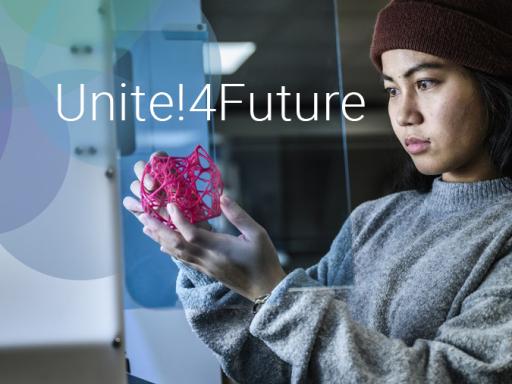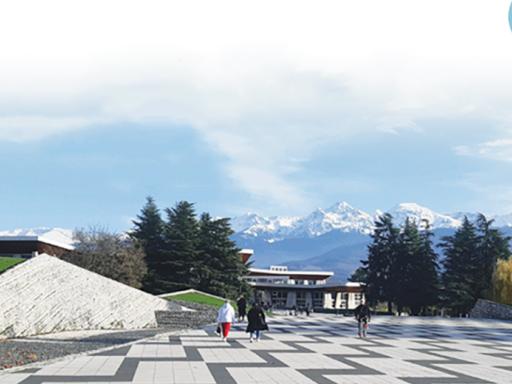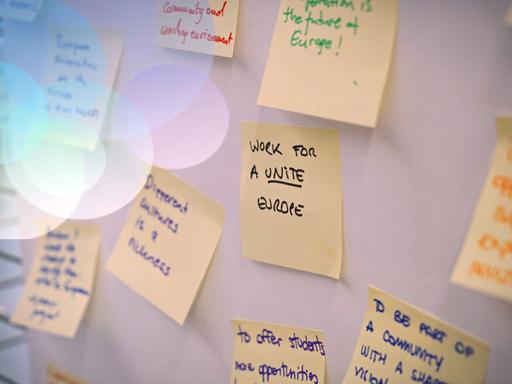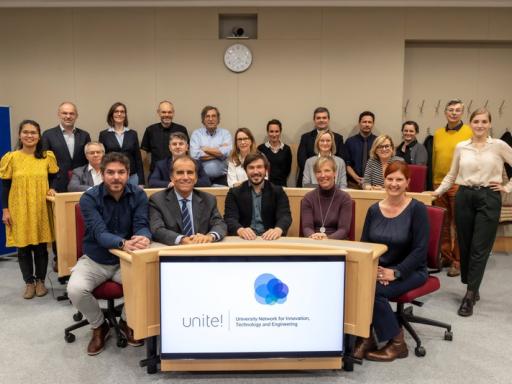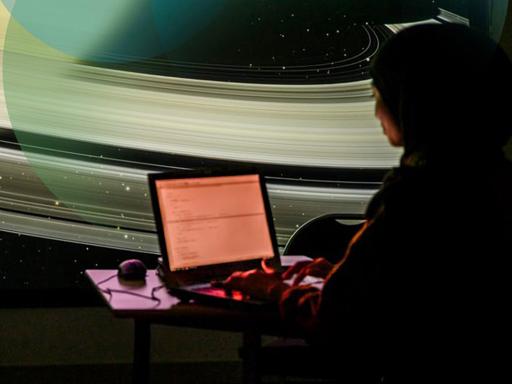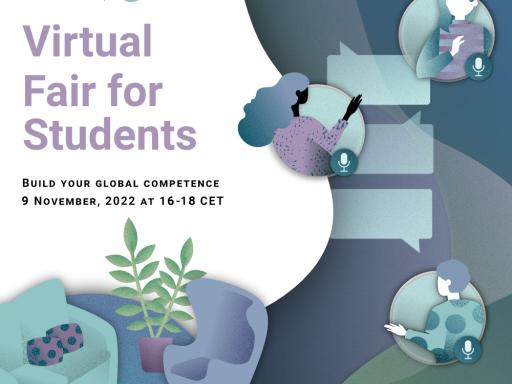Unite!
Unite! (University Network for Innovation, Technology and Engineering) is an Alliance of European Universities, which aims to lead the transformation of the European Education Area through a new generation of Europeans, committed to cross-border, transdisciplinary and multilingual cooperation, whom are able to face the great societal challenges, while contributing to Europe’s leadership as an area of knowledge.
Universidade de Lisboa (ULisboa) is one of nine European Higher Education Institutions integrating Unite!
This Alliance also includes Aalto University (Finland), the KTH Royal Institute of Technology (Sweden), the Grenoble Institute of Technology (France), the Polytechnic University of Turin (Italy), the Polytechnic University of Catalonia (Spain), Graz University of Technology (Austria), Wroclaw University of Science and Technology (Poland) and TU Darmstadt (Germany), which acts as the Project’s coordinator.
Unite! is one of the 17 European Universities pilots that were granted funding by the European Commission for the three-year period 2019–2021.
Unite! seeks to motivate a new generation of European students through extensive education, reaching a comprehensive set of disciplines such as arts, design, business and administration, humanities and social sciences, besides the common core of sciences and engineering which launched the project’s foundations.
Unite! aims to create a bottom-up network of universities across Europe, which will enable students to obtain a degree by combining studies in several EU countries. For this, Unite! will pursue a holistic approach to mobility (virtual and physical) with flexible study paths, joint curricula and embedded mobility for students at all levels.
Unite! will develop a joint campus, both physical and virtual, for smooth trans-European education paths and innovative inter-university teams, opening its unique learning, research and innovation facilities to all alliance partners.
Unite! is set to be a trailblazer with new concepts of education through innovative teaching skills, as well as promoting combined doctoral programmes involving education, investigation, innovation and entrepreneurship.
Key activities:
Mobility for all students, extending to new short-term programmes, summer schools and joint programmes.
Mobility for all staff, including thematic staff weeks and a teaching staff pilot community that will test innovative ways of teaching.
Virtual Campus that includes a platform for digital mobility, virtual spaces and online tools.
Teaching and Learning Academy to help professors and educators develop models for flexible study paths and innovative pedagogies.
Trans-regional network for open innovation and entrepreneurship that enables sharing of local and regional education, supports services for future entrepreneurs and aims to provide input to regional strategies, e.g., Smart Specialisation.


